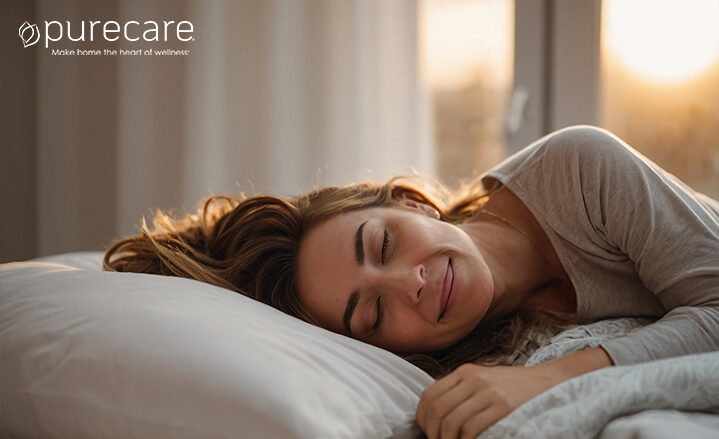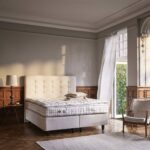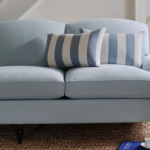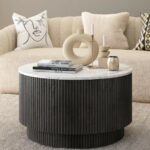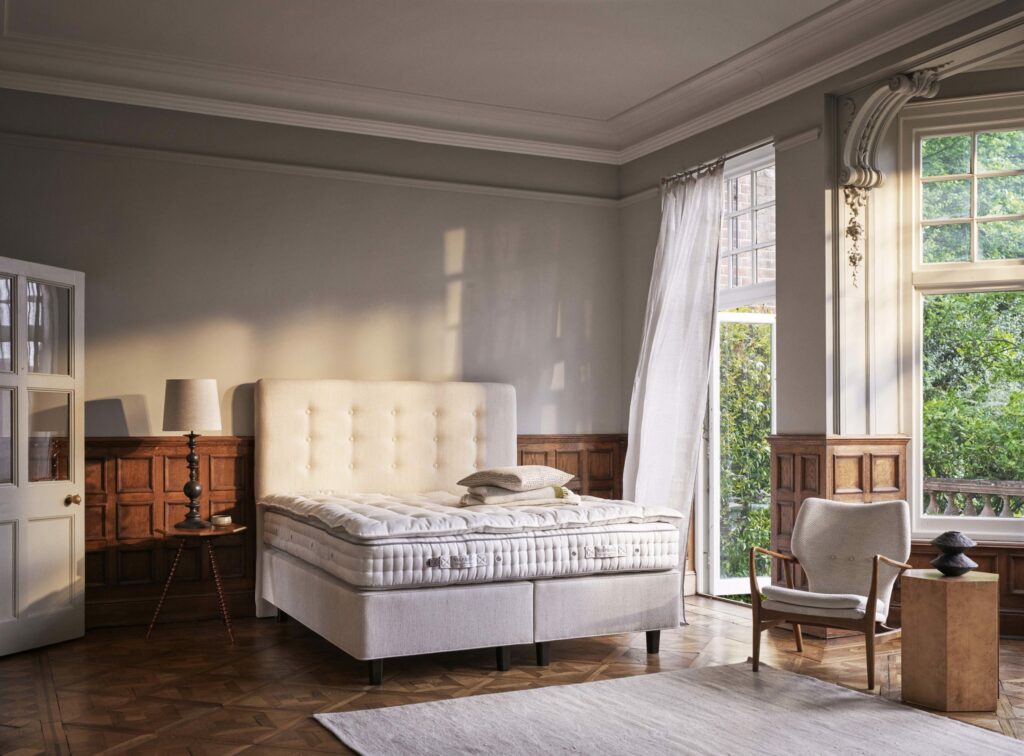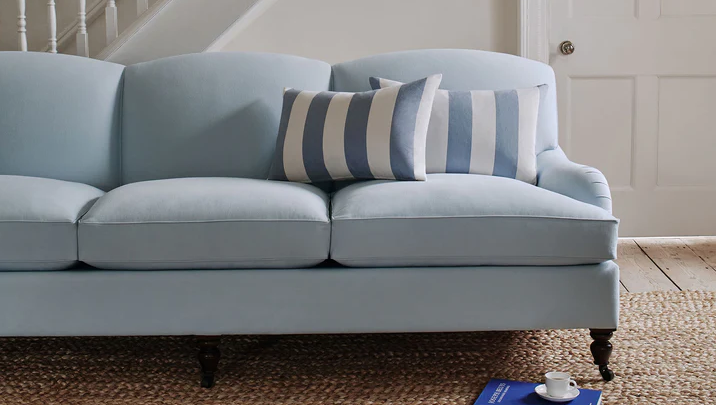Award winning bedding brand Purecare continues its deep dive into the science and sentiment behind sleep wellness.
Following two powerful instalments of its ongoing UK Sleep Study, this third chapter explores how gender and age shape the way we rest and what that means for the future of sleep wellness products.
“Understanding who is sleeping how and why is more than data analysis. It’s the foundation of creating products that help people sleep better, longer, and healthier,” says Paul Lake, Purecare UK and Europe.
Gender Differences: A Subtle but Significant Divide
Sleep is universal, but the experience is not. Our research revealed that men rated their sleep quality at an average of 6.46 out of 10, compared to 6.24 for women. While the gap is modest, it reflects a broader pattern. Women were also more likely than men to report sleeping less than six hours a night and were slightly more likely to describe experiencing disrupted sleep due to stress or external factors. This aligns with national research on mental load disparities and rest.
Notably, women were less likely to clean their mattress regularly, with 41.3 percent saying they never clean it, closely followed by 42.5 percent of men. This presents a health risk, but also an opportunity, especially for Purecare’s OmniGuard Advance 5 Sided Mattress Protector, which blocks allergens, moisture, bacteria and more. By pairing education with this high performance product, retailers can guide customers toward a cleaner, healthier sleep environment that can directly support improved wellness outcomes, particularly for those already struggling with rest quality.
How We Sleep: Gendered Routines and Sleeping Habits
When it comes to sleeping positions, over 70 percent of men and 68.6 percent of women prefer to sleep on their side, a key insight that helps explain the success of Purecare’s Wave and Nano pillows, both of which are engineered for optimal spinal alignment in side sleepers.
But sleeping arrangements also play a role in rest. While over 56 percent of men and 52 percent of women usually share their bed with a partner, 32 percent of women and 27.6 percent of men sleep alone. A smaller portion, around 7 percent of women and 6 percent of men, occasionally share their bed with children or pets. These shifting dynamics speak to the complexity of modern sleep routines and reinforce the importance of adaptable solutions such as cooling mattress protectors and supportive pillows designed to mitigate sleep disruptions caused by body heat or motion.
Mattress Protectors: Still Misunderstood
Despite the proven benefits of high quality mattress protectors, the data shows that they remain underappreciated. Only 24.6 percent of women and 24.2 percent of men said they believe mattress protectors improve sleep quality. The majority, over 54 percent, were “Not Sure.” This indicates a clear educational gap. Many consumers simply aren’t aware of how products like Purecare’s OmniGuard Advance help reduce allergy triggers, regulate temperature, and extend mattress life.
More concerning is that around 37 percent of women and 36 percent of men have experienced stains or spills they believe could have been prevented with a protector. Others reported issues such as allergens and odours, issues that OmniGuard is designed to help combat.
“We’re not just promoting products we’re addressing lifestyle habits and improving sleep hygiene,” says Paul. “Educating consumers about the why is just as important as the what.”
Ageing into Better Sleep?
Age also plays a key role. Respondents in the 46 to 55 age group reported the highest sleep quality, averaging 6.47 out of 10, while those aged 26 to 35 reported the lowest, at 6.23 out of 10. This supports broader trends suggesting that midlife, despite its stresses, may offer a more stabilised sleep routine as people better manage their environments and lifestyles.
Interestingly, older adults were more consistent in their mattress care habits, particularly with quarterly or annual cleaning routines, likely tied to increased wellness awareness or more disposable income. These consumers are also more open to investing in quality sleep products, aligning with Purecare’s premium product positioning.


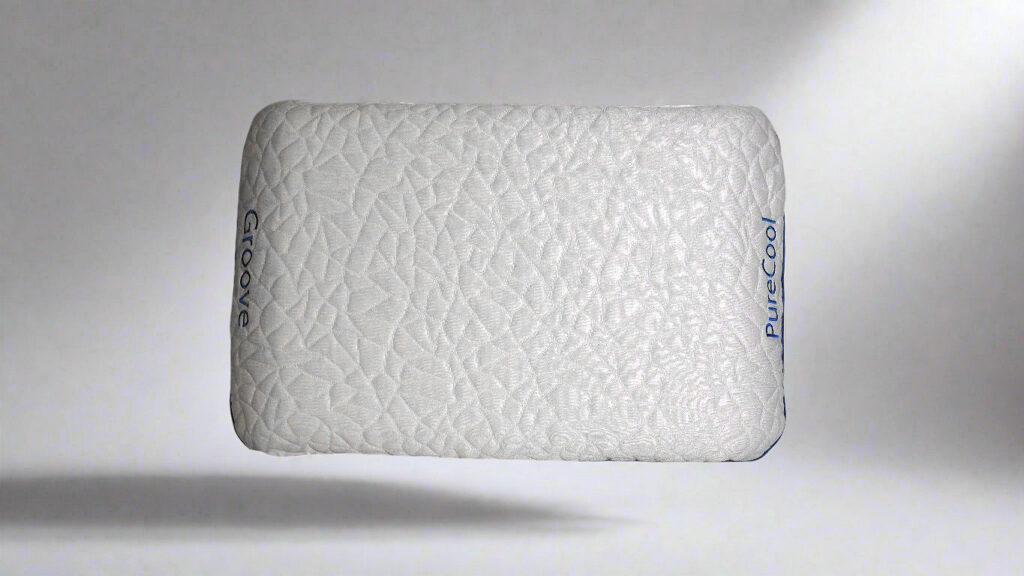
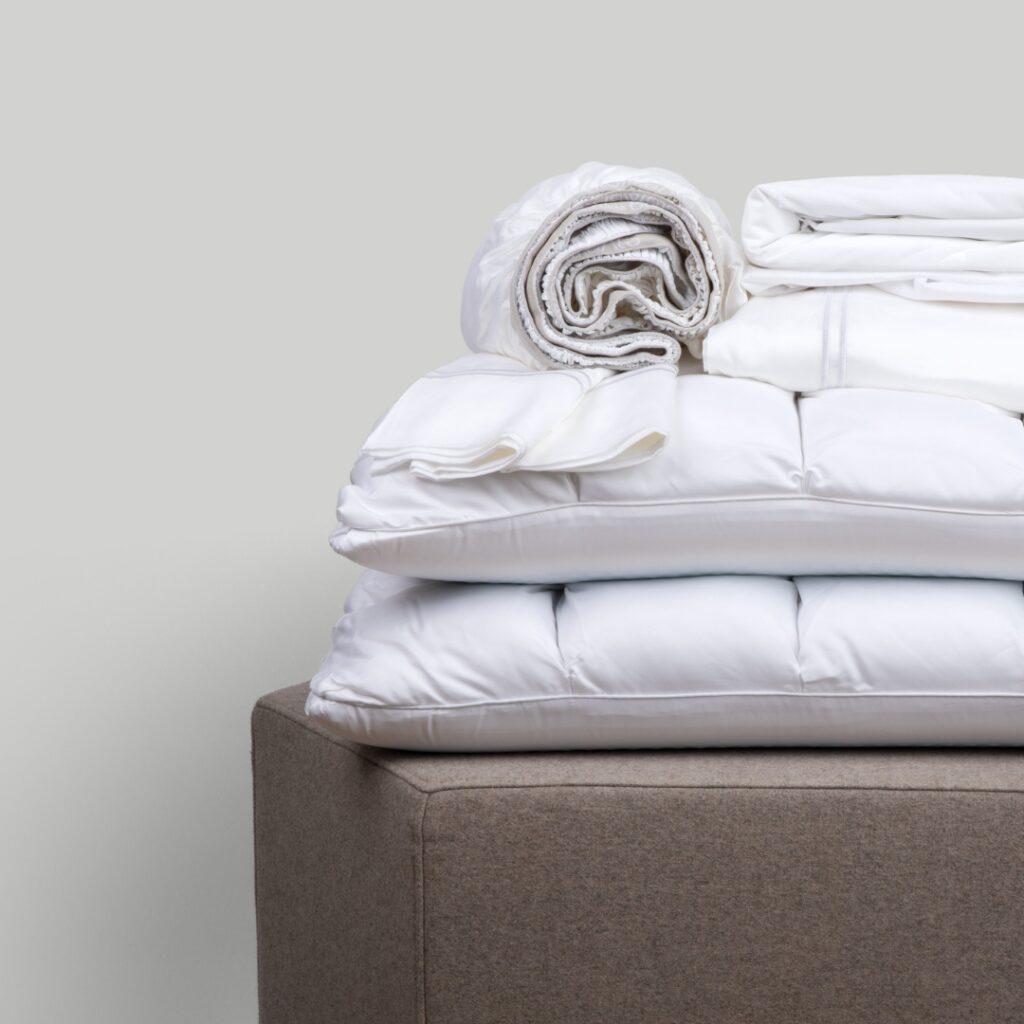

Where Opportunity Meets Insight
This demographic focused insight paints a clearer picture of the UK sleep market: one where wellness awareness is high, but practical behaviour change still lags behind. With over 99.8 percent of respondents stating that sleep is important to their wellbeing, but only around a quarter actively using sleep enhancing products like protectors, it’s evident there’s a huge opportunity for retailers and sleep brands to close the gap.
Purecare sees this as more than just a commercial opportunity. It’s a wellness mission. Products like the OmniGuard Advance 5 Sided Mattress Protector, which earned the prestigious Good Housekeeping Award, are not just premium accessories they are essential tools in improving the quality of everyday rest.
“Every insight from our study strengthens our commitment to innovate, educate, and advocate for better sleep,” Paul concludes. “We’ve led the way in the US, and now we’re bringing that same purpose driven approach to the UK and European markets.
“If you would like to find out how Purecare can help your store grow sales while supporting your customers’ wellness journey, visit us at the NBF Show in Hall 3. Meet the team, discover our award winning range, and explore how Purecare can elevate your in store sleep solutions.”


